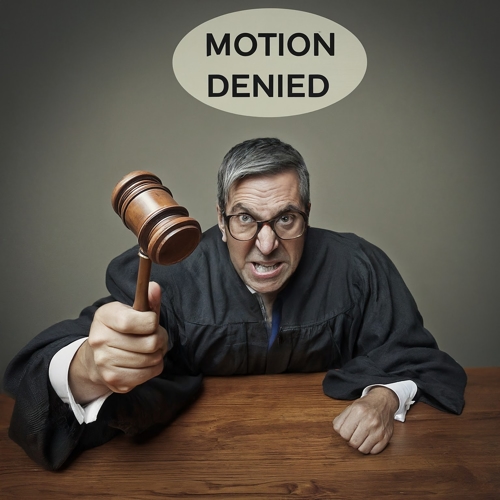
In this commercial lease dispute, the Appellate Division, Second Department, reversed a lower court’s decision that had allowed the tenant, 7 L* C*, LLC, to amend its complaint to include a breach of contract claim against its landlord, P* R* C*, LLC.
The underlying conflict stemmed from a lease agreement for premises intended for pharmaceutical manufacturing. After entering into the lease and two subsequent amendments—one of which extended the lease’s commencement date—the landlord issued a termination notice in November 2022. The notice alleged that the tenant failed to pay additional rent and maintain required insurance coverage. In response, the tenant initiated legal action seeking declaratory relief, arguing that the termination notice was invalid and that rent should not be charged until the premises were fit for their intended use. The tenant also requested specific performance compelling the landlord to make the premises suitable.
The landlord moved to dismiss the complaint under CPLR 3211(a)(1) and (7), while the tenant cross-moved to amend the complaint to add a breach of contract claim. The Supreme Court granted the tenant’s request to amend, but the Appellate Division reversed that decision.
The appellate court emphasized that while leave to amend is generally liberally granted, it must be denied when the proposed amendment is “patently devoid of merit.” Here, the court found that the tenant’s breach of contract claim failed on its face due to the express terms of the second lease amendment. That amendment stated that the tenant accepted the premises “as-is” and acknowledged that the landlord was not in default of any lease obligations. These provisions directly contradicted the tenant’s allegations that the landlord failed to deliver a suitable space.
Because the lease itself undermined the tenant’s proposed breach of contract claim, the court concluded that the amendment was legally insufficient. As a result, the tenant was barred from pursuing damages for breach of contract, and the lower court’s order was reversed to that extent.
Was there no prescription for litigation, there?
# # #
DECISION
